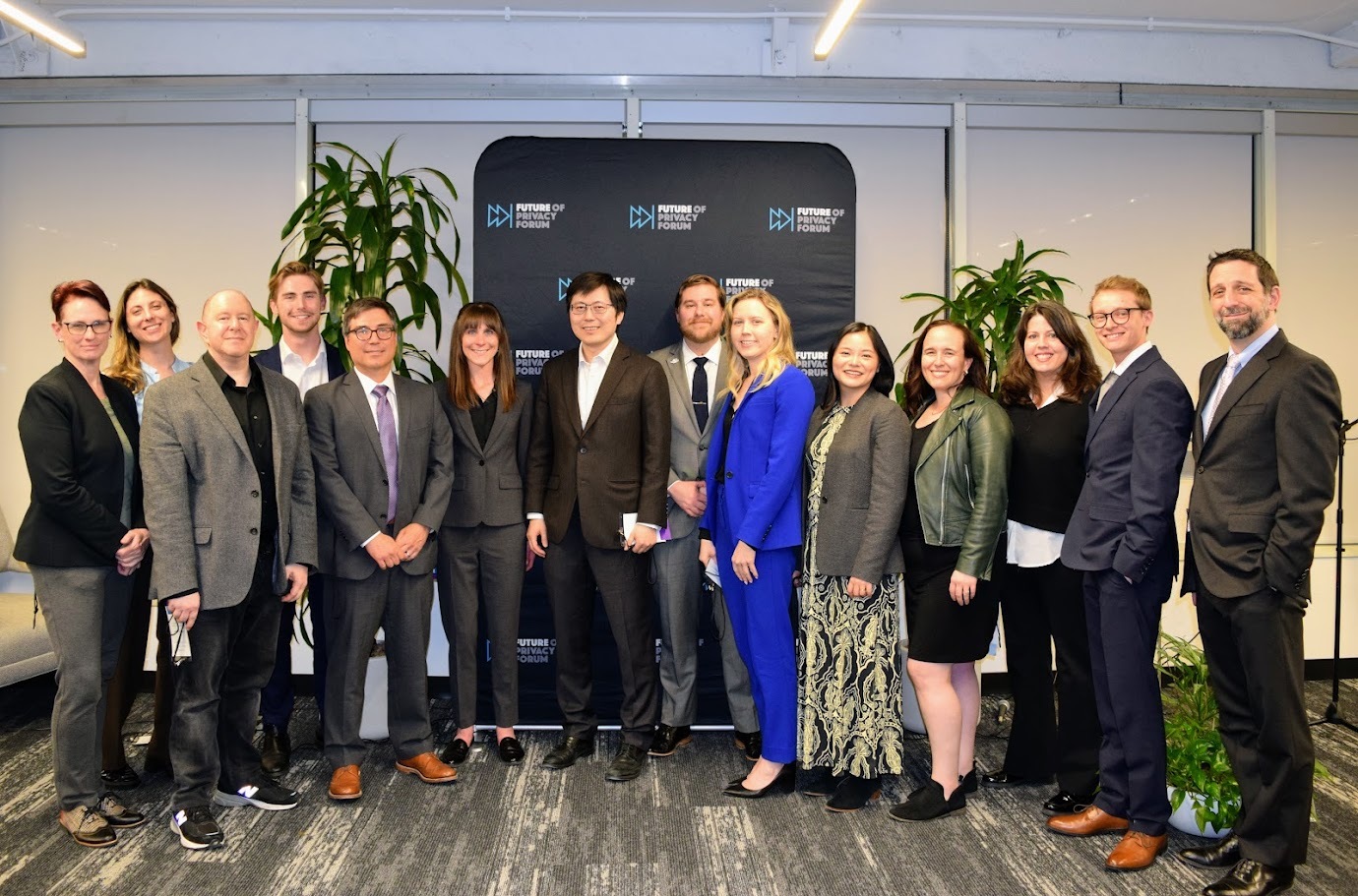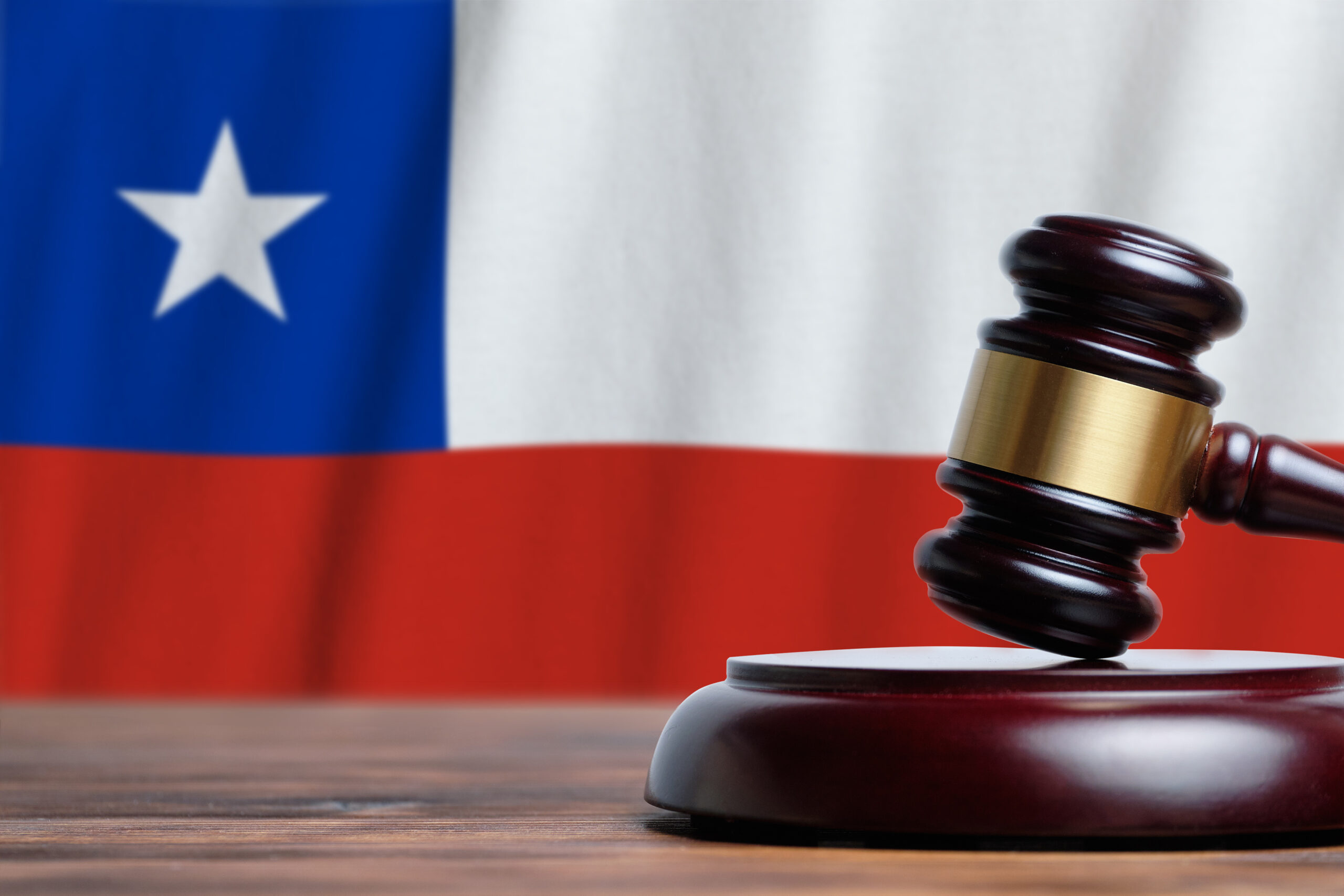Showing results for virg get free promo code xped finland

“Personality vs. Personalization” in AI Systems: An Introduction (Part 1)
[…] and be positive, upbeat and motivating.” Gemini will take those instructions and, with one click, enhance them to create a Gem that meets your specific needs.” “ Get more done with Gemini: Try 1.5 Pro and more intelligent features,” May 14, 2024, Google Meta “You can tell Meta AI to remember certain things about […]

AI Regulation in Latin America: Overview and Emerging Trends in Key Proposals
[…] of their risk classification. For AI systems in general, Brazil’s proposal includes: The right to prior information about an interaction with an AI system, in an accessible, free of charge, and understandable format. The right to privacy and the protection of personal data, following the Lei Geral de Proteção de Dados Pessoais (LGPD) and […]

The “Neural Data” Goldilocks Problem: Defining “Neural Data” in U.S. State Privacy Laws
[…] by neurotechnologies, and excludes nonneural information, the other laws may implicitly do so as well. The Goldilocks Problem: The nature of “neural data” makes it challenging to get the definition just right. Given that each state law defines neural data differently, there may be significant variance in what kinds of data are covered. Generally, […]

The Connecticut Data Privacy Act Gets an Overhaul (Again)
[…] as they approach adulthood. For example, some career or scholarship quizzes may rely on profiling to tailor opportunities to a teen’s interests. * * * Looking to get up to speed on the existing state comprehensive consumer privacy laws? Check out FPF’s 2024 report, Anatomy of State Comprehensive Privacy Law: Surveying the State Privacy […]

Brazil’s ANPD Preliminary Study on Generative AI highlights the dual nature of data protection law: balancing rights with technological innovation
[…] In some instances, users may not be aware of the risks involved in sharing personal information or, if aware, they might choose to “trust the system” to get the answers and assistance they need. In this scenario, the CGTP points out that safeguards should be developed to create privacy-friendly systems. One way to achieve […]

Vermont and Nebraska: Diverging Experiments in State Age-Appropriate Design Codes
In May 2025, Nebraska and Vermont passed Age-Appropriate Design Code Acts (AADCs), continuing the bipartisan trend of states advancing protections for youth online. While these new bills arrived within the same week and share both a common name and general purpose, their scope, applicability, and substance take two very different approaches to a common […]

Amendments to the Montana Consumer Data Privacy Act Bring Big Changes to Big Sky Country
[…] lowest numerical applicability thresholds of any of the state comprehensive privacy laws when the law was enacted in 2023. At that time, prior comprehensive privacy laws in Virginia, Colorado, Utah, Connecticut, Iowa, and Indiana all applied to controllers that either (1) control or process the personal data of at least 100,000 consumers (“the general […]

The Curse of Dimensionality: De-identification Challenges in the Sharing of Highly Dimensional Datasets
[…] high utility loss for QIs) Masking Obscure parts of data values (e.g., XXXX) Obscure direct identifiers Simple; Preserves format Limited privacy protection; Can reduce utility; Hard for free text Low (Insufficient for QIs in queries) Generalization Replace specific values with broader categories Reduce identifiability via QIs Basis for k-anonymity Significant utility loss, especially in […]

FPF Privacy Papers for Policymakers: A Celebration of Impactful Privacy Research and Scholarship
[…] while scraping has long existed in a legal gray area, the rise of AI has heightened privacy concerns. He challenged the perception that publicly available data is free for unrestricted use, noting that privacy laws are evolving to address these issues. The discussion explored potential regulatory solutions, emphasizing the importance of distinguishing between beneficial […]

Chile’s New Data Protection Law: Context, Overview, and Key Takeaways
[…] maintains consent as the general basis for the processing of personal data – similar to how it was regulated by the former LPVP. Consent must be “ free, informed and specific as to its purpose” and given “in advance and unequivocally” by means of a verbal or written statement, or expressed through electronic means […]
